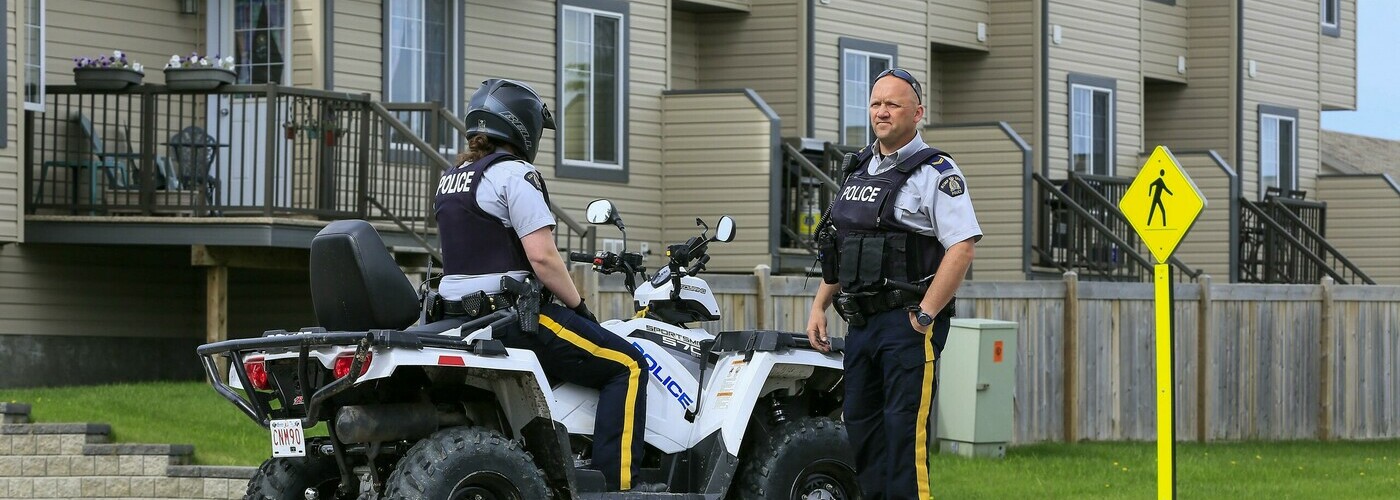Contact the RCMP at the numbers below or visit the RCMP website at: www.rcmp-grc.gc.ca.
| Emergencies | 911 |
| Non-Emergencies | 310-RCMP (310-7267) |
| Administration and Information | 780-779-5900 |
| Complaints | 780-778-5454 |
The mailing address for the Whitecourt RCMP Detachment is Box 537, Whitecourt AB T7S 1N6.
Whitecourt RCMP and Crime Prevention
The Royal Canadian Mounted Police (RCMP) detachment in Whitecourt is served by 14 Municipal Members, 3 Provincial Members, 5 support staff and various guards, matrons, and auxiliary constables. Whitecourt also provides the command centre for Provincial Traffic Services and is home to a number of highway patrol staff.
Services available:
-
Civil fingerprinting (only done on Wednesdays) (Fingerprints for travel visas, record suspensions (AKA pardons), employment, and immigration)
-
Criminal Records Checks
-
Vulnerable Sector Screening
-
Non-Emergency Complaints
*Note: Volunteer Criminal Record Checks/Vulnerable Sector Screenings may take up to two weeks to process
French services available.
Western Alberta Regional Victim Services Society
The Western Alberta Regional Victim Services Society (WARVSS) is an accredited non-profit organization of Support and Court Navigation Workers, funded by the Government of Alberta Victims of Crime Fund.
It is the WARVSS mission to ensure that those who have been victimized by crime and/or have experienced extreme tragedy are best served, during the aftermath of an event, and while they navigate the criminal justice process. Our vision is that victims of crime and tragedy access the supports and information they need to enhance their safety, empower themselves, and restore their well-being.
Contact Information:
Phone #: 1-825-799-5128
Email: info@westarvss.ca
Website: WESTARVSS – Empathy, Compassion, Respect & Dignity
